Tirama ana mai nga whetu o te ata…
Ko Puanga kei runga, Takurua kei runga…
Koia ko Matariki e tiaho iho nei…
Nau mai e ngā hua o te tau hou! Mānawatia a Matariki. Happy New Year!
Stars have long been a key marker and cue from our natural environment that let us know seasons and cycles have come to an end, and that we’re about to transition into something new. Matariki and Puanga rising in the skies signal the beginning of the new year according to iwi Māori (Māori tribes), which is commemorated a little differently than how we might typically celebrate the New Year on December 31st.
When it comes to Matariki, the Māori New Year, this is a time to commemorate those who are no longer with us, rātou kua wheturangitia, those who have passed on in the previous year. It’s a time to be together with loved ones, to eat well, and to rest. Time to take stock and acknowledge what we have, while also being a time to observe what our environment is trying to inform us about the year and the seasons to come so we can make the appropriate preparations.
There are many variations in tribal stories, whether about creation, which star constellations signal the New Year, or even who’s who with regard to tātai whakapapa (ancestry), but there are common threads that make up how iwi Māori experience and perceive the world. This is based on the connections and relationships in our lives, and in particular, with the natural environment. A Māori worldview is that we whakapapa (descend) from the natural environment. The mountains, waterways, lands, winds, stars and everything beyond and in between are our tupuna, our ancestors, our kin and in turn, they are who we are accountable to.
With relationships to the natural environment in mind and a key part of our framework for this post, what does health and wellbeing look, feel or sound like? A fit and strong body? Good mental health? A thriving garden? Balance?! All the above?
First things first, who am I to tell you what your personal relationships should be like? Let alone what your definition of health and wellbeing should be. We’re shaped by our environments and our environments influence the thoughts we have, reinforce or contradict our beliefs and values – especially when it comes to how we define what being healthy and well looks, feels and sounds like.
Here are some whakaaro (ideas) around Māori perspectives of health and wellbeing that tie in with Matariki and the change of seasons, and this time to reflect, reassess and recalibrate for the new seasons ahead.
- What does healthy look, feel and sound like to you?
- Where do these definitions come from? Are they what you were taught as a child? Did you adopt them from someone on TV? Does it align with the life you have and how you want to feel each day?
- What are small, intimate rituals or ceremonies you could do regularly to check in with yourself?
- If you’re uncomfortable with the words ‘ritual’ or ‘ceremony’, swap them out for routines or habits. Remember, this is about your own personal relationships and what works for you.
- This could look like reciting affirmations or karakia every morning; making a ritual or a special routine of pouring yourself and enjoying a cup of tea; or even spending time out in te taiao, the natural environment on a regular basis.
Here’s an insight into what this looks like for me. My personal definitions of being healthy and well are largely based on my relationships to my tupuna, the natural environment. It matters little to me if personally I’m feeling good in my body and my mind is sound, because that’s only one part of the equation. Are the waterways and lands I descend from healthy and thriving? Are my whānau, my family well? Am I getting out on the whenua (land) regularly? There are ebbs and flows and sometimes the answers to these questions are more positive than others – but that’s relationships, right?! They evolve, they go through different phases. Just like the natural environment. Once upon a time my relationship with being ‘healthy and well’ meant going to the gym every day and keeping to a pants certain size. Now it looks more like getting as much sleep as I can (with an awesome full of life 18 month old), making a ritual of little things like making time to write every day, to recite oriori (chants) and karakia and being intentional with who, where and how I spend my time and energy.
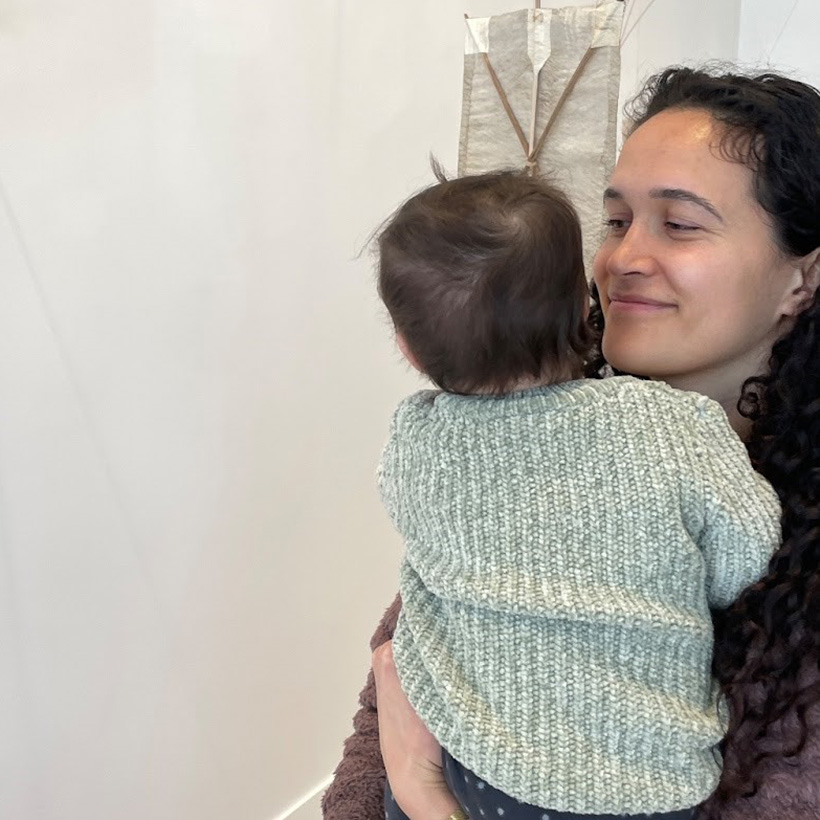
Maybe by next Matariki it’ll look a little bit different. And that’s ok. Our environments let us know that seasons and cycles come to an end, and that we’re about to transition into something new. The Māori New Year is a time to commemorate, to reflect and to re-energise for whatever the next season brings with it. Nau mai e ngā hua! Bring on the abundance of what is to come.
Tēnā tātou,
Hana
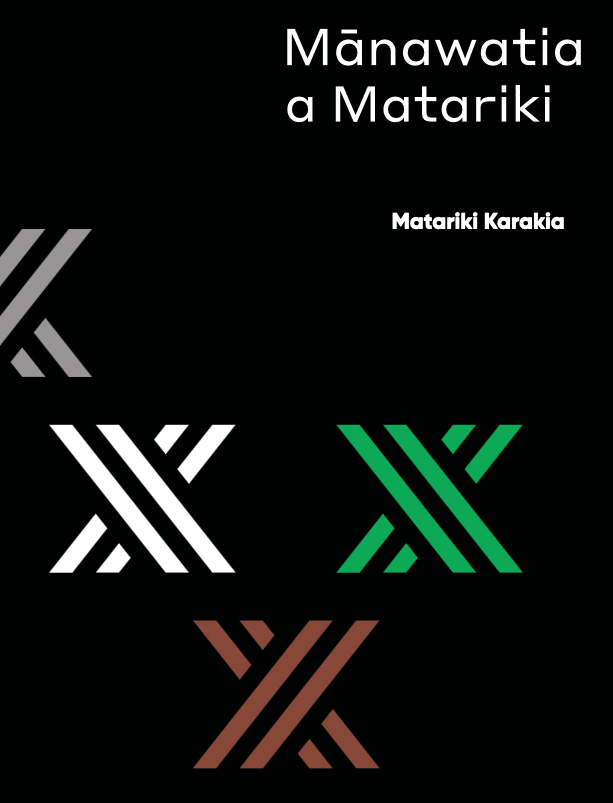
To learn more about the traditions and cultural importance of Matariki, download the Matariki Karakia Booklet.
The passage at the beginning “Tirama ana mai…,” comes from a waiata describing the stars that become visible, and other cues in the natural environment (like colder days and longer nights) and to let us know winter is here, a new season is upon us.
Glossary
- Whakapapa – ancestry, genealogical descent
- Iwi Māori – Māori tribes
- Matariki – star constellation, also known as Pleiades
- Puanga – star, Rigel
- Takurua – star, Sirius
- Mānawatia a Matariki – Happy New Year
- “Rātou kua wheturangitia” – a phrase to denote those who have passed on and become stars and now watch over us
- Whakaaro – idea, thought
- He pātai – a question
- Te Whānau Marama – celestial bodies, stars
- Te taiao – natural environment
Translations for some kupu Māori fit this specific context and may be translated differently in another. Kei te pai tērā, that’s normal. Head to www.maoridictionary.co.nz for more information.






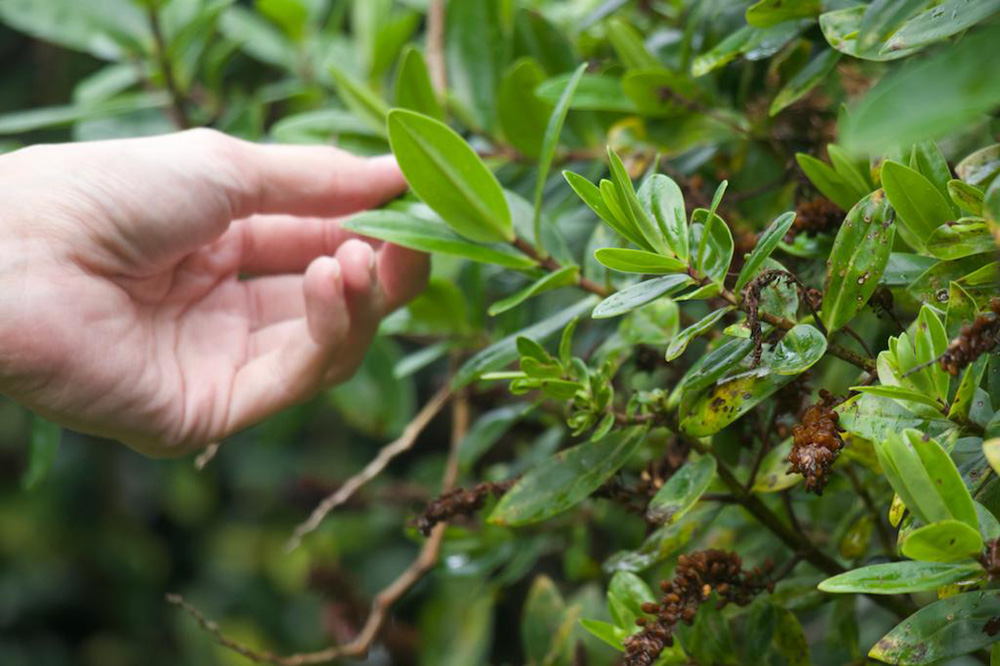
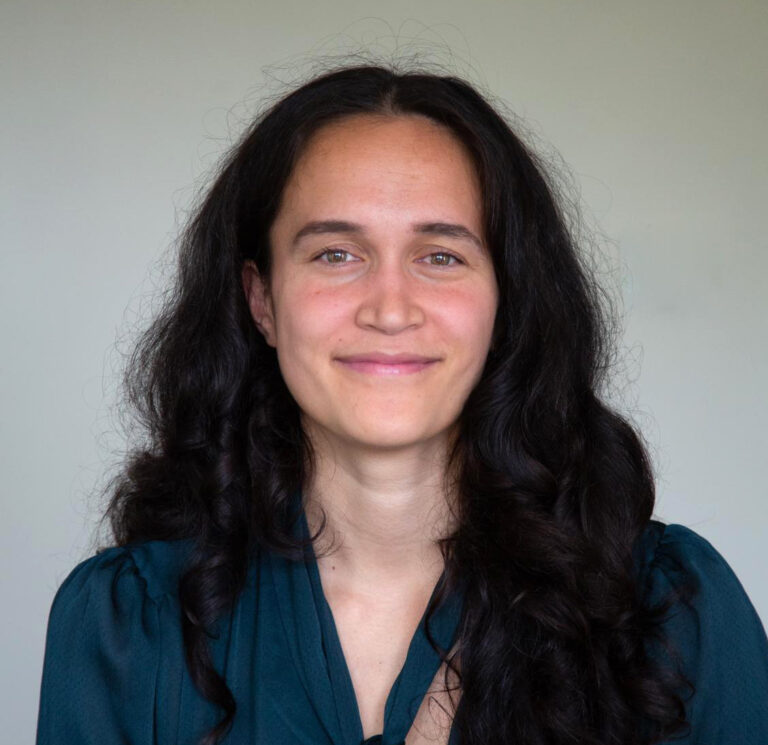
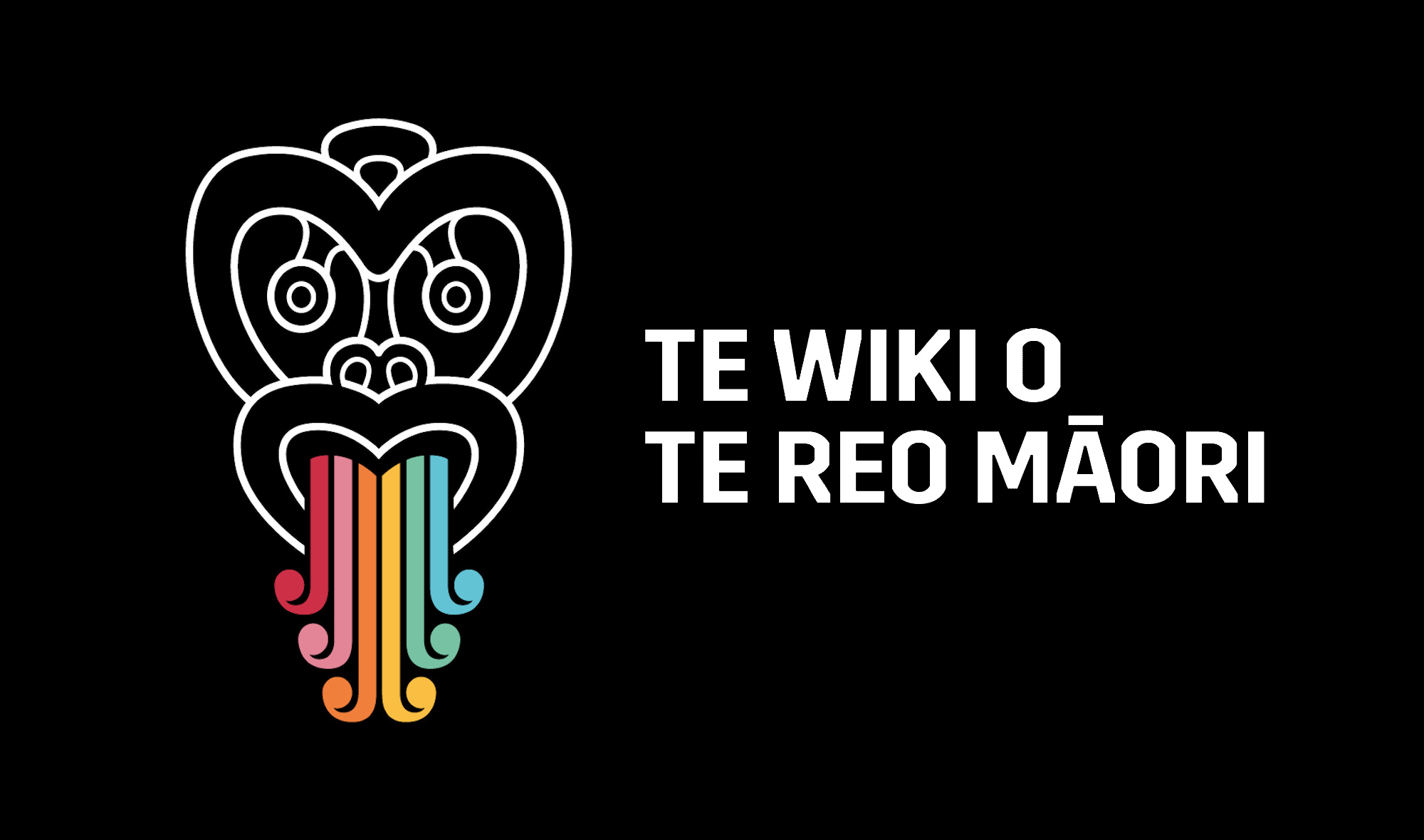


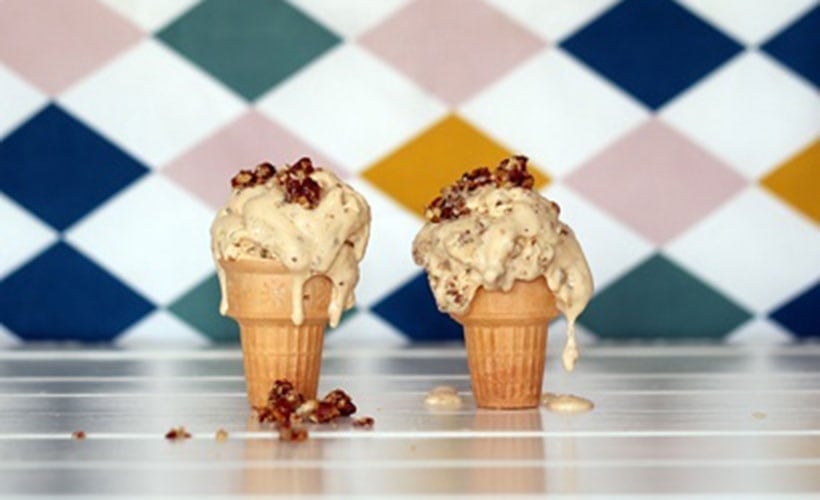
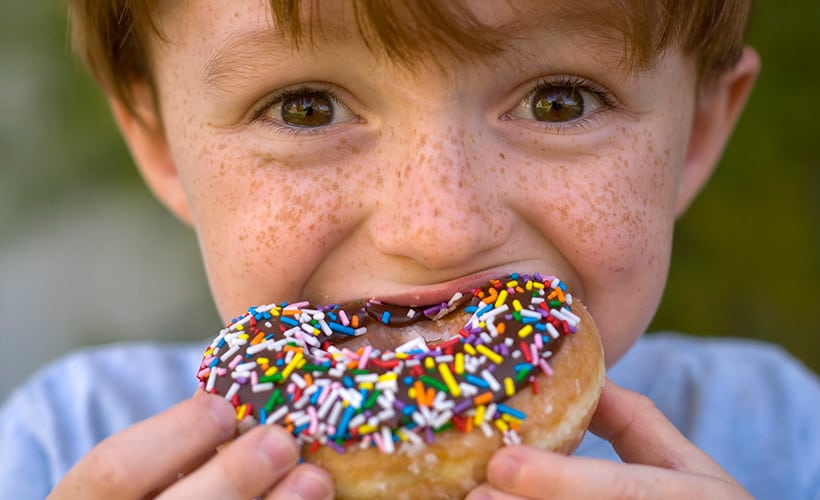
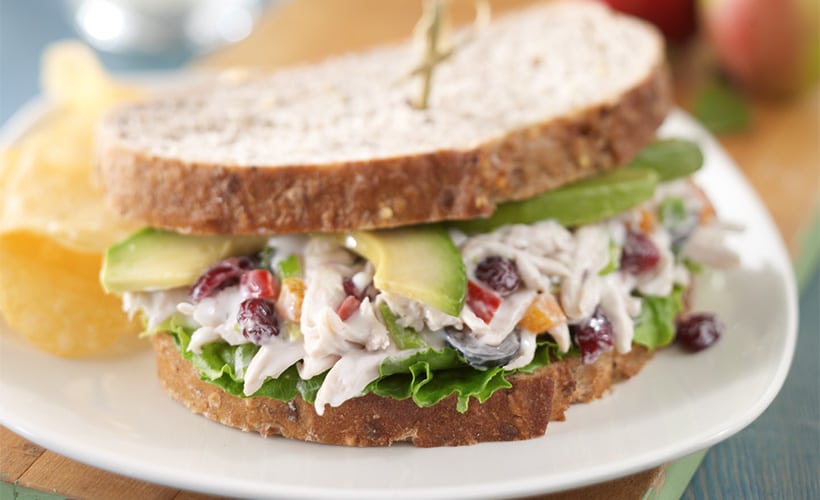

Community